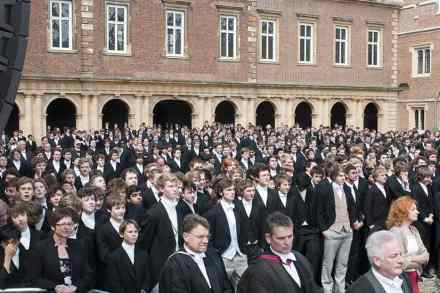The boys who never grow up: Sad Little Men, by Richard Beard, reviewed
More from BooksI can’t recall reading an angrier book than this. Richard Beard has written what I hope for his sake is a cathartic denunciation of the private boarding school system, and his rage is on two fronts. The first is how being sent away at the age of eight damaged and twisted him and just about





























